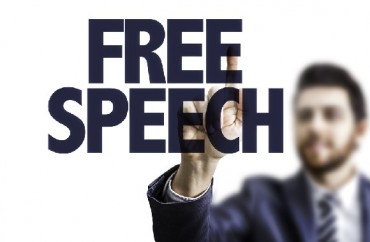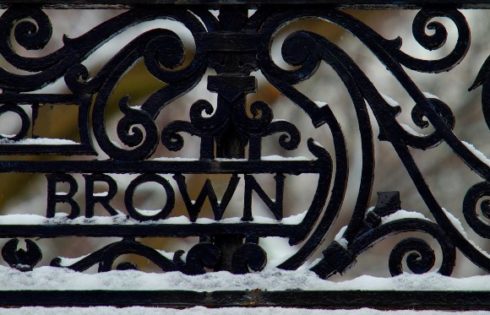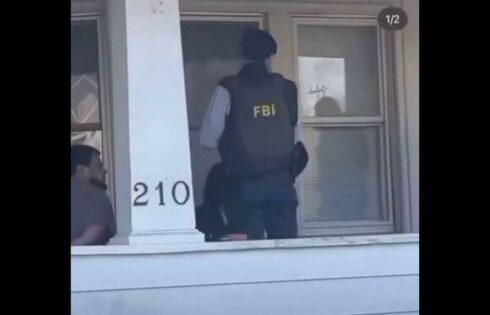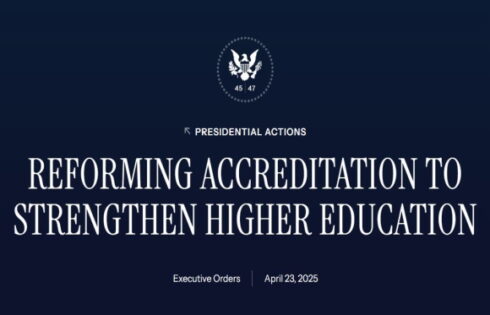
In an “historic ruling,” the 3rd U.S. Circuit Court of Appeals ruled public schools cannot discipline students for speech made off-campus.
The Electronic Frontier Foundation analyzes the case B.L. v. Mahanoy Area School District. “BL” was upset that she did not make the varsity cheerleading team … and so took to social media to write “fuck cheer.”
One of BL’s connections on Snapchat showed the comment to the cheerleading coaches, who ended up suspending BL from the junior varsity team for one year. BL’s parents appealed for a reprieve, futilely, to the school administration.
With the help of the Pennsylvania ACLU, BL’s parents then sued the school district.
— “B.L.’s Snapchat post was ‘off-campus’ speech because she ‘created the snap away from campus, over the weekend, and without school resources, and she shared it on a social media platform unaffiliated with the school.’”
— [it] “reaffirmed its prior holding that the ability of public school officials to punish students for vulgar, lewd, profane, or otherwise offensive speech […] does not apply to off-campus speech.”
— [it] “unequivocally rejected reading Tinker as creating a pathway to punish student off-campus speech, such as B.L.’s Snapchat post. The court concisely defined ‘off-campus’ speech as ‘speech that is outside school-owned, -operated, or -supervised channels and that is not reasonably interpreted as bearing the school’s imprimatur.’”
That last part is key as courts have often (and ironically) used Tinker — which was a victory for student free expression when decided — to give schools wide latitude in clamping down on student speech. In 2015 for example, the U.S. Supreme Court ruled for a school which had banned students from wearing American flag t-shirts during Cinco de Mayo.
Perhaps most (in)famously, the SCOTUS ruling in the “Bong Hits 4 Jesus” case allowed a school to punish a student for holding a banner with the case’s nickname on it during an Olympic torch relay. The student was not on school property, but the event was classified as school-sponsored. In their dissent, Justices Alito and Kennedy said the case “provides no support for any restriction of speech that can plausibly be interpreted as commenting on any political or social issue’ … including student opposition to the drug laws themselves.”
The Electronic Frontier Foundation notes the SCOTUS may review BL’s case as it’s the first appellate case to say Tinker does not apply to off-campus speech.
MORE: Judge rips appeals court for letting ‘will of the mob’ rule schools
MORE: ‘Educational disruption’ created to get Confederate flag banned at school
IMAGE: Gustavo Frazao / Shutterstock.com
Like The College Fix on Facebook / Follow us on Twitter






Please join the conversation about our stories on Facebook, Twitter, Instagram, Reddit, MeWe, Rumble, Gab, Minds and Gettr.